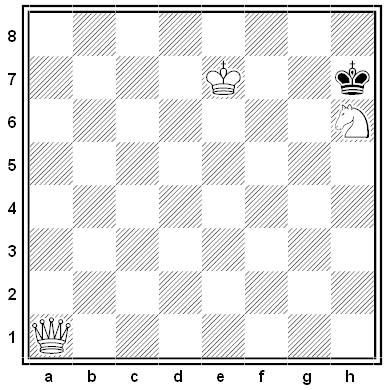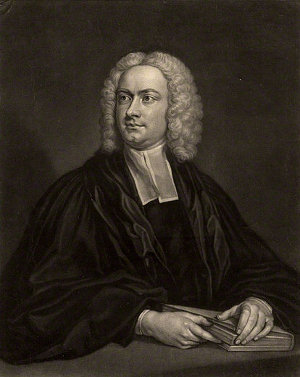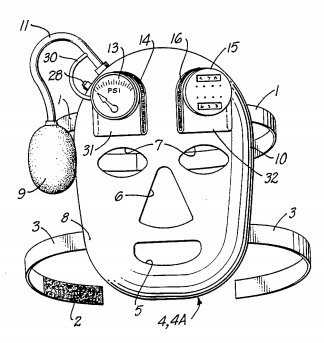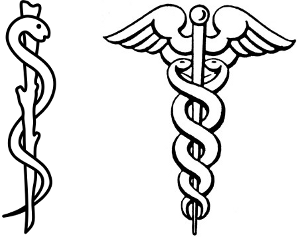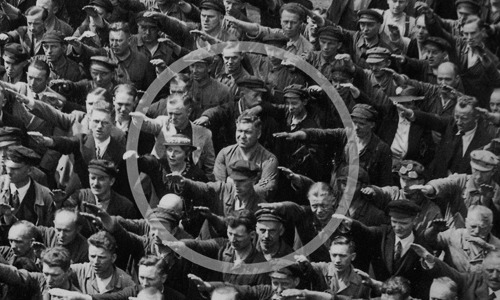
In 1910, four years after Frederick Cook claimed falsely to have reached the peak of Mount McKinley, an unlikely quartet of Alaskan gold miners — Tom Lloyd, Peter Anderson, Billy Taylor, and Charles McGonagall — announced they had planted a spruce pole on the mountain’s 19,470-foot north summit. Though using rudimentary equipment and not acclimated to the altitude, they claimed to have made the final 8,000-foot climb and descent in only 18 hours, carrying the heavy pole and fueled only by hot chocolate and doughnuts.
President Taft congratulated them on the feat, which the New York Times said “was undertaken not for the enlightenment of the world, but to prove the pluck and endurance of the members of the party.” But Lloyd’s exaggerated accounts began to draw skepticism (he claimed to have joined his companions on the summit when it appears he had remained in camp), and these only grew when the party could produce no photographs taken above 11,000 feet.
But three years later Hudson Stuck conquered the main summit and reported that, using binoculars, he had seen a large pole near the north peak. The pole has since been lost, but today it’s generally believed that the Sourdough expedition did succeed in reaching its goal. In 1914 Stuck wrote, “To Pete Anderson and Billy Taylor, two of the strongest men, physically, in all the North, and to none other, belongs the honor of the first ascent of the North Peak and the planting of what must assuredly be the highest flagstaff in the world.”

